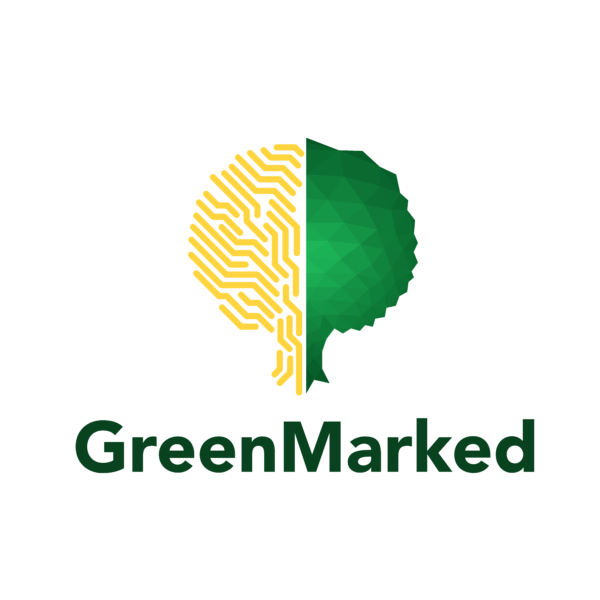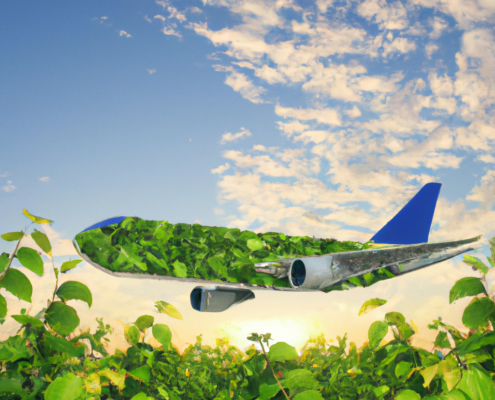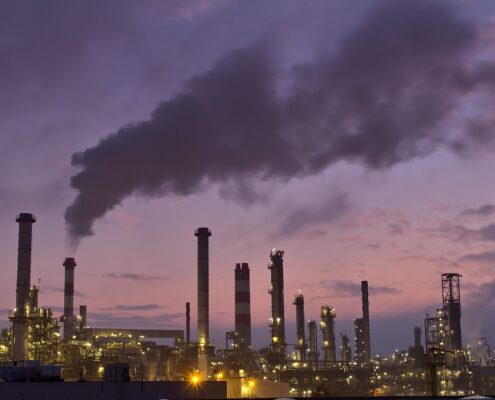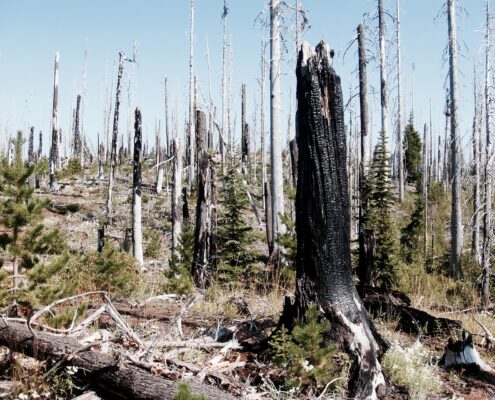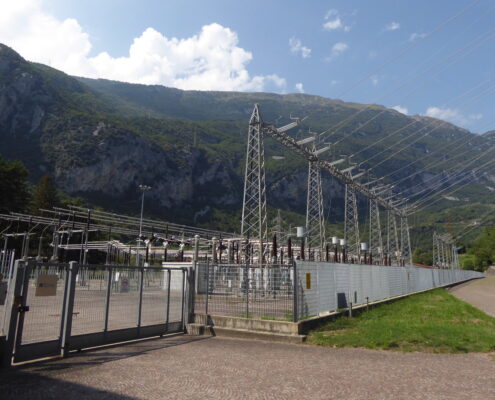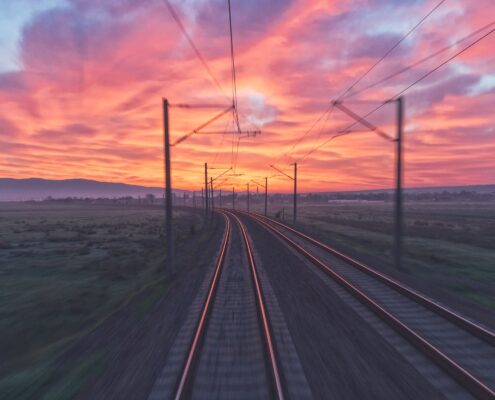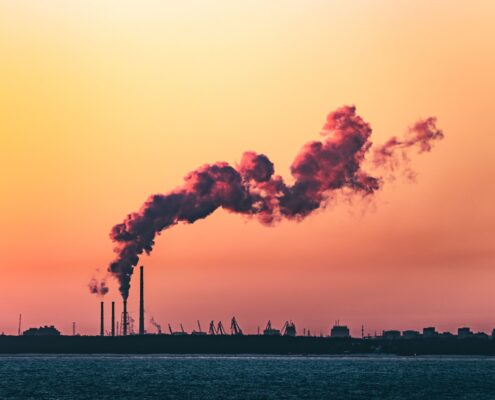 https://greenmarked.it/wp-content/uploads/2024/02/Farmer-strikes.png
671
900
Etienne Hoekstra
https://greenmarked.it/wp-content/uploads/2022/01/LOGO-GREENMARKED-SITO-600x600.png
Etienne Hoekstra2024-02-12 18:58:412024-02-14 10:21:44How the EU is Revising its 2040 Climate Targets amid Farmers' Strikes
https://greenmarked.it/wp-content/uploads/2024/02/Farmer-strikes.png
671
900
Etienne Hoekstra
https://greenmarked.it/wp-content/uploads/2022/01/LOGO-GREENMARKED-SITO-600x600.png
Etienne Hoekstra2024-02-12 18:58:412024-02-14 10:21:44How the EU is Revising its 2040 Climate Targets amid Farmers' StrikesMay 16, 2023

The history of the Netherlands is inextricably linked to water. The country maintains an international reputation for innovative, integrated and inclusive solutions that protect people and infrastructure from flooding, prevent water scarcity and ensure clean and safe water [1]. For more than a century, it has been taken for granted that clean drinking water flows from the tap in Dutch households, but that time seems to be ending. What is happening in the water country per excellence?
According to a report by the Dutch National Institute for Public Health and the Environment (RIVM), the demand for drinking water in the Netherlands is expected to be much greater in 2030 than in 2020 [2]. On one hand, the Dutch economy and number of inhabitants continue to grow. On the other hand, the changing climate is causing more frequent and severe droughts, which are reducing the amount of drinking water available.
By 2030, the demand for freshwater in the Netherlands is likely to exceed the available supply by up to 30 %. Without immediate action by the national government, provinces, water boards and consumers, these extra cubic meters of water cannot be extracted, and drinking water shortages will arise, the RIVM warns. This shortfall could significantly affect the country’s economy, environment and public health [2].
Four Dutch provinces already struggle with insufficient water reserves to guarantee drinking water at peak times in the summer months. They would be powerless in the face of unexpected increases in drinking water demand. In other Dutch provinces, drinking water companies are called to find additional water sources within the next few years to continue satisfying the increasing demand of water [2].
Nonetheless, these water companies are already facing their own challenges. Often, they use all surface- or groundwater they are licenced to extract, thus resulting in insufficient reserves. And yet, recent nature protection agreements with the government should prevent extraction of the total quantity of water permitted under older licences [2].
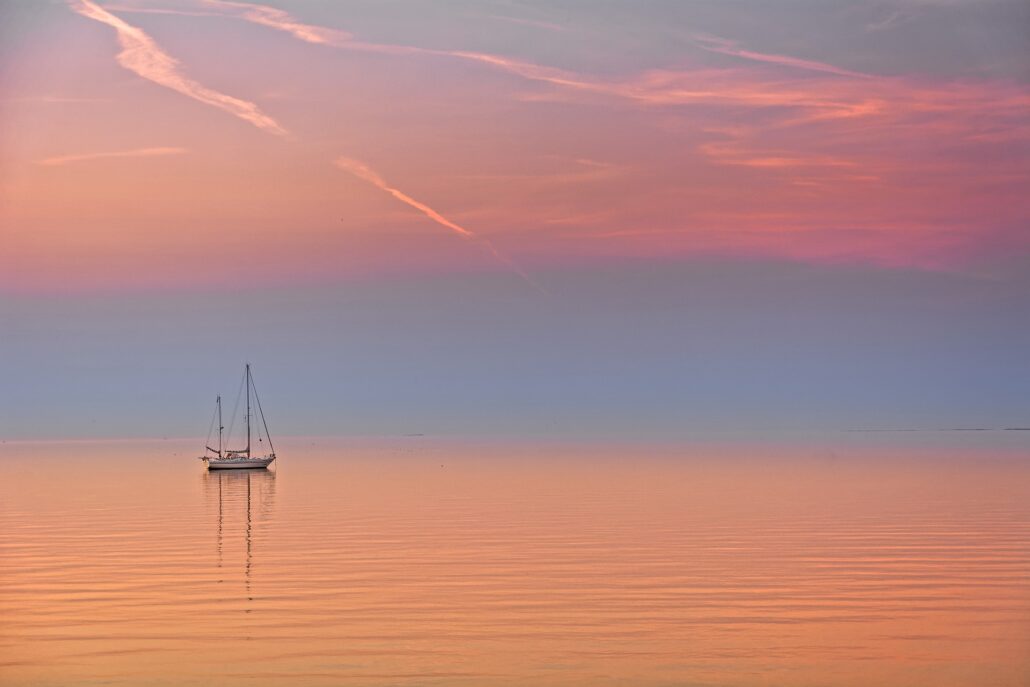
Fig. 1: A sailing ship on the Dutch Ijsselmeer during sunset. Free source photo by Alfred Grupstra from Pixabay.
To tackle current and future shortages, the Netherlands needs a new water system that is able to cope with both drought and prolonged wet periods. Possible solutions include reducing rainwater run-off and building up larger water reserves in the dunes and the Ijsselmeer, a closed-off inland bay in the central Netherlands. Meanwhile, water stakeholders are working to raise public and industry awareness about water use and conservation. Work is also being done to find new extraction sites and expand the range of existing licences. For instance, new licences will include different source types, such as brackish groundwater, which is a hybrid water type between freshwater and seawater often found in river estuaries [2].
Besides these radical measures, the RIVM stressed the importance of raising awareness among consumers and industry that drinking water cannot be taken for granted [2]. Read How much water does your 24-hours day consume? on GreenMarked to learn how you can decrease your own water consumption.
This article is part of the project “PILLOLE D’ACQUA PIANA: seminari itineranti, blog e podcast per una gestione sostenibile delle risorse idriche in Piana Rotaliana” carried out by ECONTROVERTIA APS and supported by Fondazione Caritro (Prot. no. U445.2023/SG.386 of April 23, 2023).


Related articles:
References:
[1] Government of the Netherlands. (n.d.). Netherlands expertise. Retrieved from https://www.government.nl/topics/water-management/waterenvoy/netherlands-expertise
[2] Van Leerdam, R.C., Rook, J.H., Riemer, L. & Van der Aa, N.G.F.M. (2023). Water availability for drinking water supply up to 2030 – bottlenecks and solution directions (Translated by Author). Rijksinstituut voor Volksgezondheid en Milieu. Downloaded from https://www.rivm.nl/bibliotheek/rapporten/2023-0005.pdf
Cover- and preview image: Drowning in open water. Free source photo by Stormseeker on Unsplash
